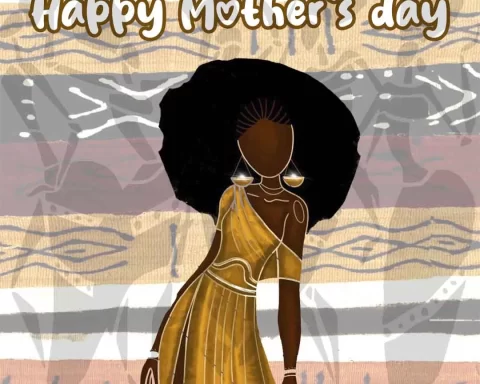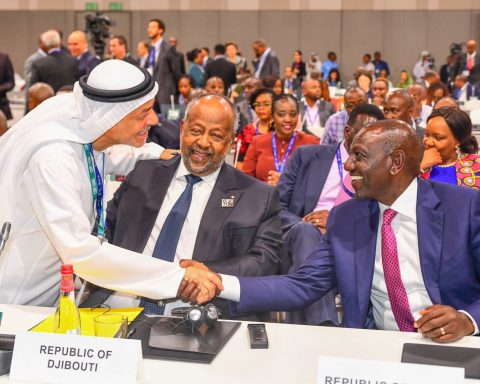When you think of African music, a common visual may come to mind; a circle of dancing men and women smiling, someone in a mask playing a drum rhythm, and an eruption of voices singing as one.
In many ways, African music is a utilitarian function used in vital aspects of life, from a child’s naming ceremony to agricultural activities, national ceremonies, war beats, religious rituals, and ceremonies for the dead.
There is a joy in it, yet sometimes a sombreness, that is attached to the deep history of the continent. Mandela said that “the curious beauty of African music is that it uplifts even as it tells a sad tale. You may be poor, you may have only a ramshackle house, you may have lost your job, but that song gives you hope.”
Read: Leopold Il killed 10 million Africans before Hitler killed 6 million Jews
But not only is their music vital for their own culture and history, but African music has also created and affected genres throughout the world, from pop to jazz, to soul.
As John Rockwell contends, “everywhere Western musicians are turning to Africa, either for reaffirmation of a lost or dimly remembered ethnic heritage, or for a more abstract kind of inspiration.” Paul Simon‘s Graceland, for example, absorbed African music in its exploration of the continent’s culture and Apartheid in the 1980s.
Even now, in modern African music, such as that of the lofty and brilliant Mariem Hassan, we feel the rhythm of the drums, and the bird-like whistles of their musical ancestors as they strike the surface of culture and grace. Music, perhaps like no other art form, offers a connection to heritage and allows people to find something in themselves they may never have known they had.
And of course, there is Fela Kuti.
If you haven’t heard of him, now you don’t have an excuse. One of the titans of African music in the 1970s and 1980s, his style has been adopted by modern dance music, as well as jazz, with its electrifying progressions and slow buildup to levels of high intensity.
Generally considered to be one of the greatest African artists to have ever lived, he was a multi-instrumentalist, political activist, composer, and the most significant creator of the music genre Afrobeat. His music influenced artists like Questlove, Brian Eno and Paul McCartney as aspects of African music created a new fabric in the industry.
But maybe the most important aspect of Kuti’s music was the political fury and hatred for dictators. Dictators, doing what they do, reacted poorly.
Following his anti-military song ‘Zombie’, 1000 drunken soldiers invaded his compound and threw his mother from a third story window, eventually killing her. But he continued to spit venom at violence, and “until his last breath, Fela was a proud thorn in the flesh of every military or civilian despot that occupied the revolving presidential chair in Nigeria, a distinction that made his position nearly untenable.”
Kuti believed that music is “supposed to have an effect. If you’re playing music and people don’t feel something, you’re not doing shit. That’s what African music is about. When you hear something, you must move. I want to move people to dance, but also to think. Music wants to dictate a better life, against a bad life. When you’re listening to something that depicts having a better life, and you’re not having a better life, it must have an effect on you.”
Like watching a foreign opera, we don’t need the lyrics to feel the songs. It is innately affecting. African music, and all of its offshoots that blossomed around the world in blues and jazz, help us to see what we are as a people, where we have all come from – after all, human life started on the African continent. And even aside from all of that, it’s just damn good music.
This was originally published on Speaker TV.












